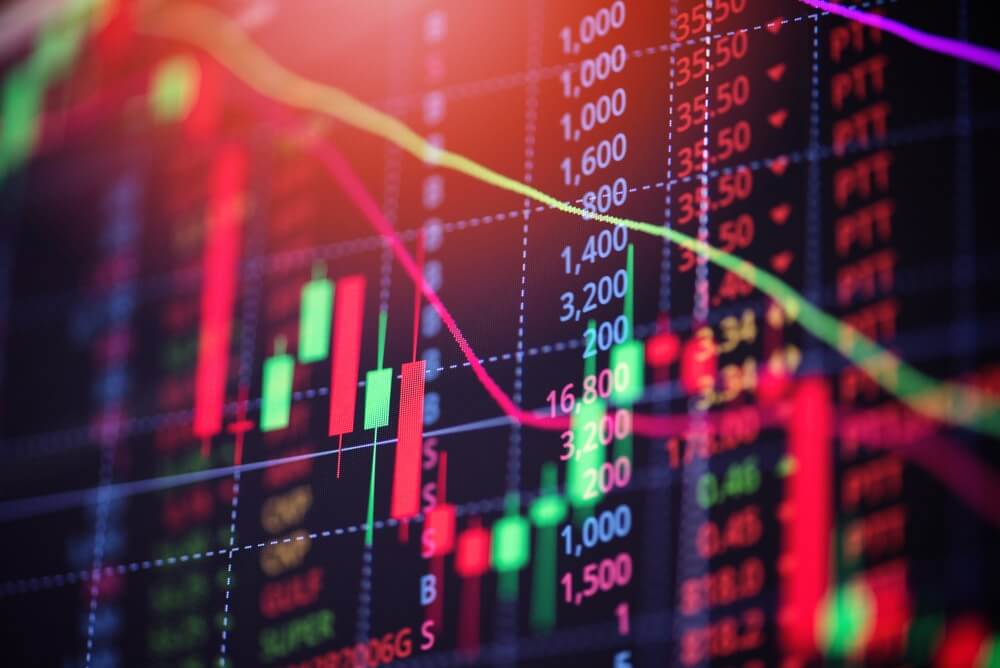
Rate Hike Bets Crash Stocks Markets
After U.S. economic statistics caused traders to increase their bets on Federal Reserve rate rises, European stock markets began in the red on Wednesday, driving the dollar to a 24-year high versus the Japanese yen.
Data released on Tuesday that indicated the U.S. services sector expanded in August increased expectations for swift Fed rate rises and sent U.S. Treasury rates soaring. The probability of a 75 basis point raise at the next Fed meeting was priced in at 73% by the markets. As a result of statistics revealing that China’s export growth slowed in August, markets suffered more losses during Asian trade. The largest MSCI index of Asia-Pacific stocks outside of Japan dropped to its lowest level since the middle of 2020.
How is Inflation Shaping the Market?
As rising inflation stifled international demand, new COVID regulations hampered output, and heatwaves interrupted shipping, China’s exports and imports lost pace, increasing downside concerns for the fragile economy. The stock markets are under pressure as a result of rising government bond rates, according to David Madden, a market analyst with Equiti Capital. This also comes at a time when bond traders are forecasting additional rate rises and there are growing concerns about the global economy slowing down.
The MSCI world equity index was down 0.3% at 08:08 GMT, while the STOXX 600 in Europe was down 0.4%. The FTSE 100 in London fell by 0.7%. The U.S. dollar index stood at 110.24, having earlier in the day reached a 20-year high of 110.69. Prior to modestly declining, the 10-year U.S. Treasury yield reached its highest level since mid-June at 3.365%.
David Madden of Equiti said a strong dollar might hurt American exports and added that he wouldn’t be shocked if the Fed starts to grow a little worried about the strength of its home currency.
After reaching its lowest level since August 1998 at 144.38 yen to the dollar, the Japanese yen was trading at 144.015 against the US dollar. If “rapid, one-sided” movements in the currency market persist, the Japanese government stated it plans to act.


